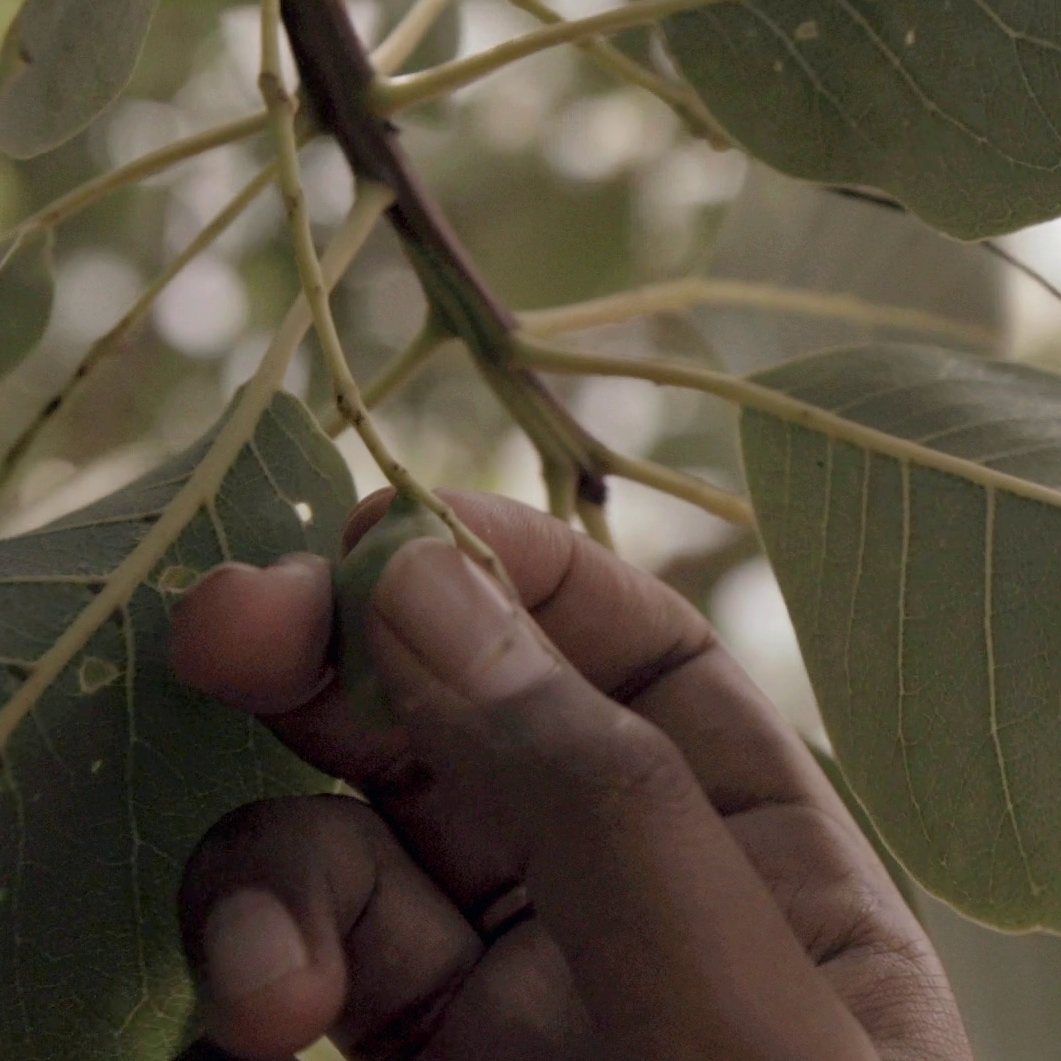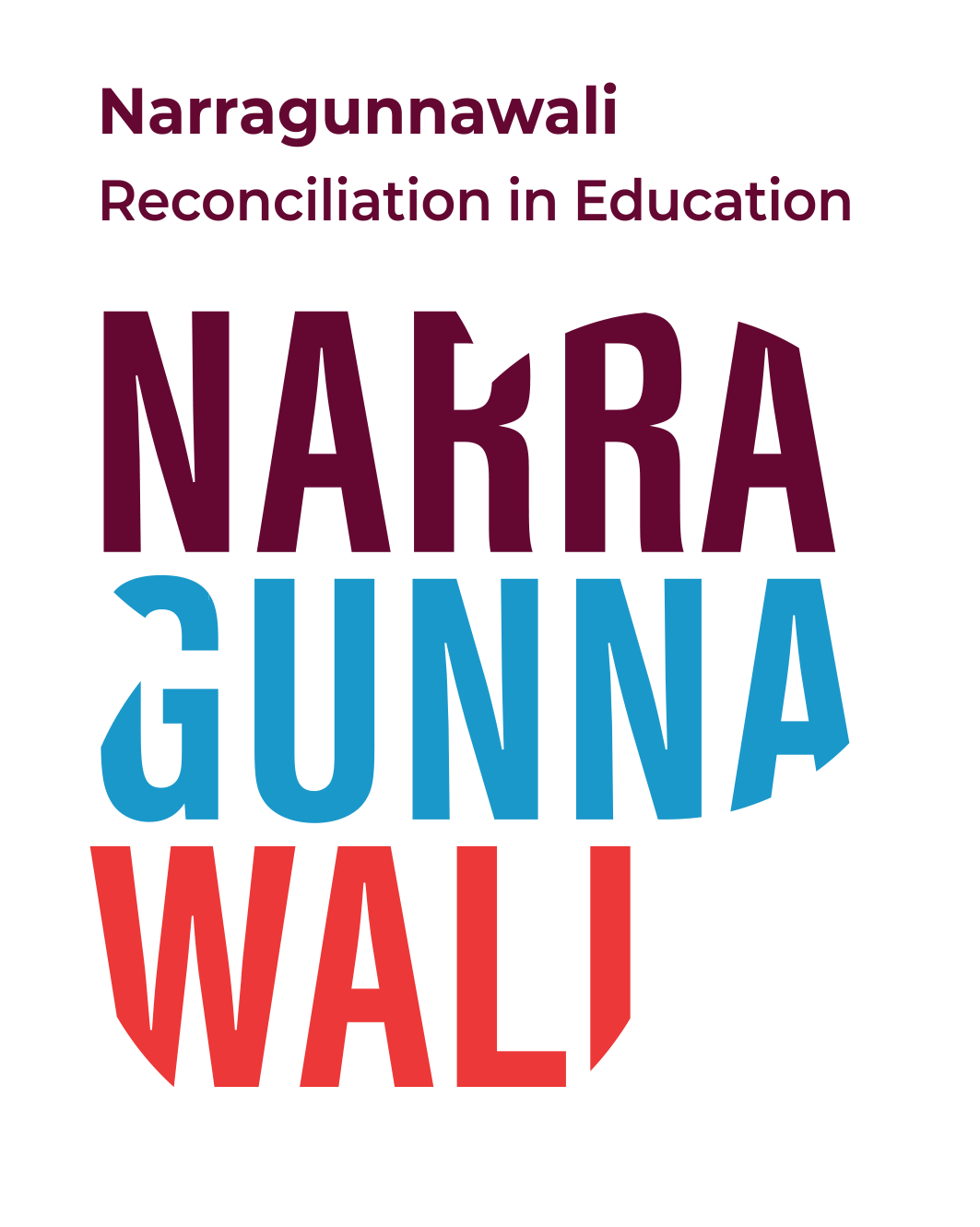No matter where you are in Australia, and no matter whether you and your family have been in Australia for five minutes, five years, five decades or across multiple generations, what unites us all is that we are all standing on Aboriginal or Torres Strait Islander Land.
Aboriginal and Torres Strait Islander people have continued a close connection with Country and place for tens of thousands of years. There were recent scientific findings of artefacts around 120,000 years old in Victoria. Caring for Country is part of our shared history which should be learned about and understood more broadly.
All members of educational communities should find meaningful connections with and care for Country where they live and learn. This is on top of:
To begin, offer all students and children a way to know and develop their personal sense of connection to the skies, waterways and lands. While doing this, build understanding and respect for the deep, longstanding, and continuous connections between Aboriginal and Torres Strait Islander people and Country.
The relationship between people and Country is sacred. It’s connected with identity, family, kinship, traditions, languages, cultures, and physical, spiritual and socio-emotional wellbeing.
You can learn about caring for Country first-hand, and in culturally appropriate and meaningful ways, by embedding local Aboriginal and Torres Strait Islander content and perspectives into learning areas. Draw on local knowledge in:
- science
- geography and sustainability
- local sites
- plants and animals of significance.
Learning the impact humans have on the environment helps students, children and families positively live with, rather than impose on, the Land.
Collaborate with local Aboriginal and Torres Strait Islander people when planning:
- activities about the local environment
- excursions/incursions
- reconciliation gardens that feature local native plants.


